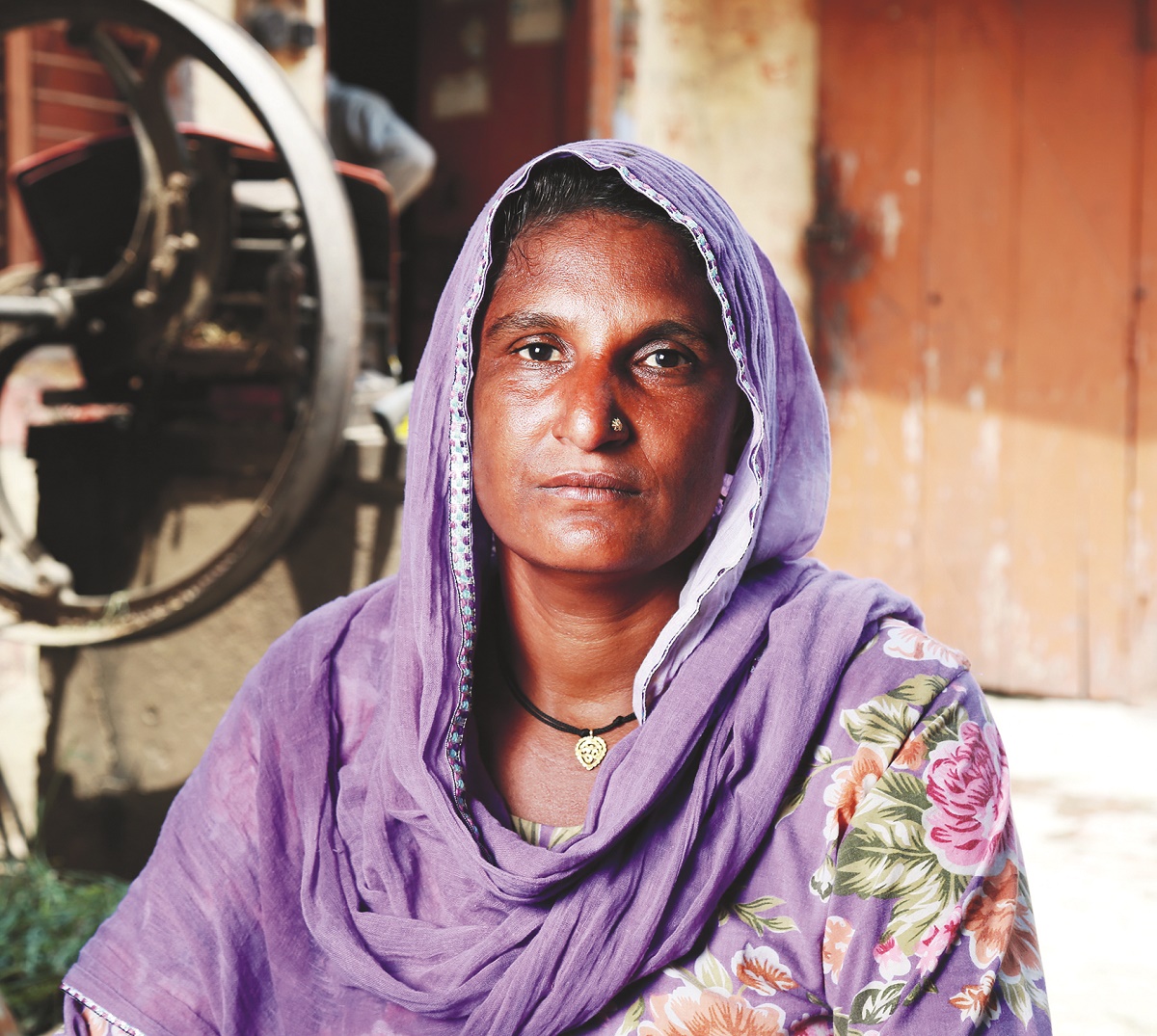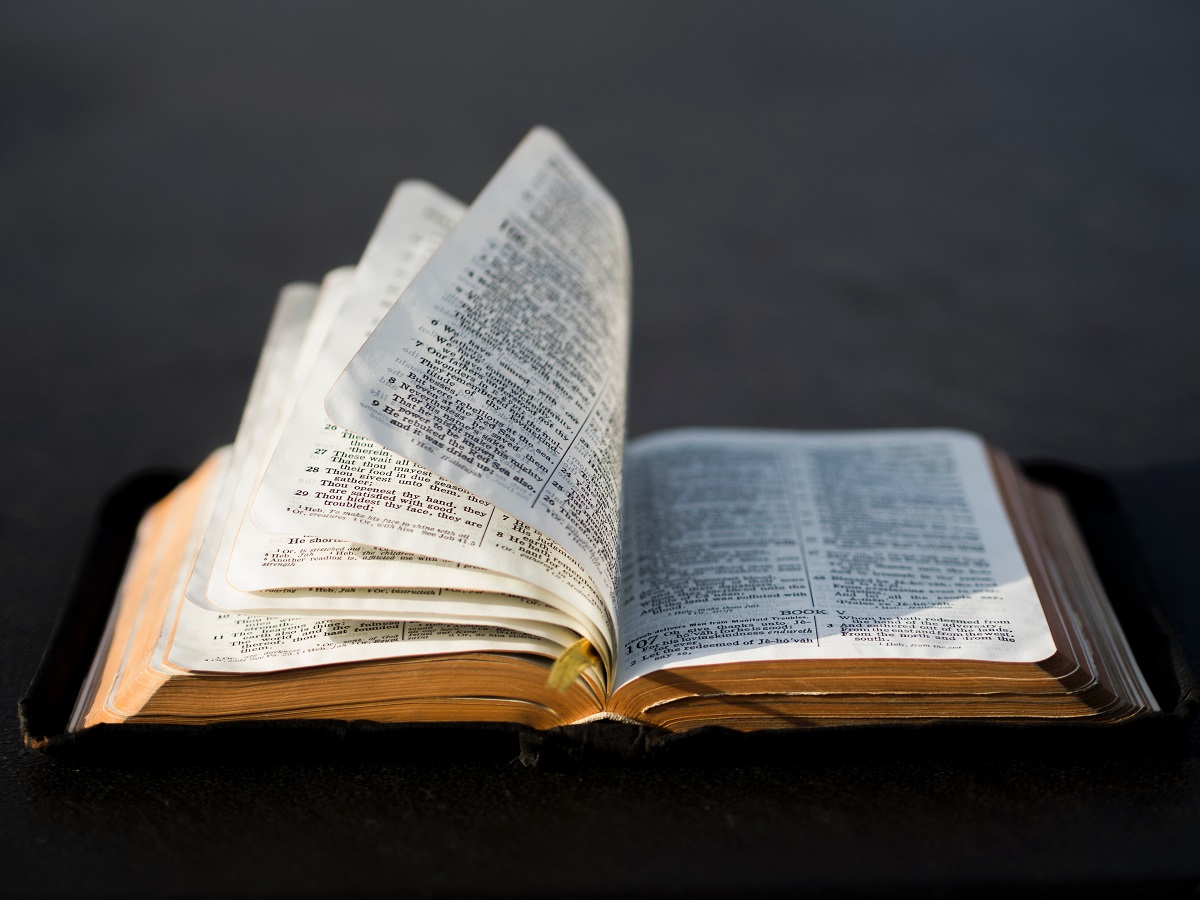By Andrew Humphries
When Pilgrim Theological College Rev Associate Professor Monica Melanchthon addressed a recent Synod Intercultural Forum event she spoke on a topic very close to her heart.
Monica’s talk on how the Bible can be read among marginal communities explored a theme central to her life and work: a strong commitment to those marginalised in society, particularly women in her home country India, and communities of people known as Dalits, the untouchables or depressed class.
“The Dalits are historic communities that suffer cumulative subjugation and discrimination, and they live a life of servitude, unmitigated suffering, and shame, governed by concepts of purity, pollution, and untouchability,” Monica says.
“They comprise about 25 per cent of India’s 1.3 billion people. Since one’s caste is a primary marker of identity, even conversion to the so-called protective and egalitarian faiths such as Christianity, Islam, Buddhism and Sikhism did not erase their identity as ‘untouchable’.
“Many Dalits are subjected to brutal atrocities by dominant caste groups and are victims of horrific violence and rape.”
Monica says the word “Dalit” comes from the root word “dal”, meaning oppressed, broken and crushed, and is a realistic description of their lives.
“It is an expression of self-representation, used by Dalit activists with the aim to recover their past identity and project themselves as a collective,” she says.
“The term incorporates elements of a positive expression of pride, and a resistive surge for combating oppression.
“The policy of positive discrimination enshrined in the Indian constitution has led to further crystallisation of Caste identities despite its aim to eradicate discrimination and inequality.”
While she may now live thousands of kilometres from her country of birth, Monica is a strong advocate for the rights of Dalits and women.
She admits, though, that as a child she was largely sheltered from what life was like for the millions of Dalits who lived in India.
“I came to awareness of Dalit life and their plight only as an adult,” Monica says.
“My parents, my secular education and seminary training, and the church, did not introduce me or prepare me to understand and address the ill-effects of this stratified and hierarchical socio-cultural system.
“It was actually while I was a student in the US working on my PhD that I would go to speak at forums about India and people would ask me, ‘so which caste do you belong to?’
“And I had absolutely no clue because that’s the extent to which my parents actually sheltered us girls from this knowledge.
“So, it was being put on that spot that actually prompted me to discover something about myself and my roots and led me into a process of study and enquiry to learn more about caste and particularly how caste functions within the Indian church.
“If you look at the mission history in India, and the growth of Christianity, particularly from the late 1700s onwards and into the early 1900s, most people who converted to Christianity came from these so-called ‘untouchable’ communities.”

Caste and how it functions within the church in India has been explored at length by Monica.
Monica’s knowledge has shaped to a large extent how she now interprets the Bible.
“I identify myself as a contextual theologian,” she says. “For me, context is important, and I want to interpret the Biblical text in a way that it meets the needs and aspirations of these communities that I represent.
“Doing theology in the midst of the stresses and strains of those who are ignored, rejected and sidelined requires going against the grain of traditional theological reflection that has been controlled and dominated by the privileged and the ‘upper caste’.
“Issues of diversity, marginalisation, authority, and Biblical interpretation present many challenges for Christian theological reflection in India.
“I don’t interpret the Bible just out of academic interest. It’s much more than that, it’s about ensuring that the Bible is interpreted for the welfare and the wellbeing of the community, and that it will serve or contribute to the welfare and wellbeing of the community.
“Our interpretations need to touch the lives of the people we minister to and evoke resistance against discrimination, and transform their lives and their communities.
“So therefore the interpretations must meet the needs of the people who are searching for answers, and I guess as a Biblical interpreter I am asked to ponder, ‘well, what does the Bible say about this?’
“And so basically, it’s interpreting a text that might address an issue, be it a fiscal, social, political, religious or economic one.”
Monica says her message to Synod Intercultural Forum members was that these communities, who are in the midst of struggle and are having to resist oppression every day, read the Bible in order to help them interpret life.
The Bible, then, plays an enormous role in uplifting the voices of the marginalised.
“In the 20th century, one of the very popular phrases that came out of liberation theologies in Latin America was ‘God’s preferential option for the poor’, which suggested that God is in solidarity with those who are struggling, either economically or politically,” Monica says.
“The phrase became extremely significant and popular among communities in struggle, and it’s a phrase that didn’t come out of a vacuum.
“It came out of the struggle for the people in Latin America.”
That struggle, and God’s intervention says Monica, goes to the heart of what the Bible is about.
“For example, look at the circumstances around the birth of Jesus,” she says.
“I mean, where was he born, who were his first visitors, and who were the first witnesses and evangelists who spread the news of his birth?
“They were unclean, dirty shepherds, and this very clearly indicates that the Gospel writers, particularly Luke, were wanting to emphasise God’s intentional association with people who were already on the margins of society.
“These were unknown folk, people with no power so, therefore, the people who read the Bible through a liberation lens, so to speak, hang on to these kinds of insights to inspire and to find the strength to empower communities in struggle.
“And so that is what they focus on, seeing how the Bible can be a liberating tool for communities in struggle.”

“The Bible is only fully and spiritually understood when its meaning comes to us and is experienced as a present reality,” Monica says.
Monica’s education and Biblical knowledge mean she feels empowered to continue speaking up for those on the margins.
“I have made a commitment, and I feel that I have the power, no matter how small it is, and the training and skill to push forward this agenda,” she says.
“So I’m quite unabashed about the perspective that I work from, and the commitments that I have made.
“I think about how I can bring the Biblical text into conversation with an issue that I am asked to address, but to do so in a way that is edifying, liberating and transforming.
“This is possible through adopting a critical stance that not only questions and understands the Biblical text in the context in which it came into being and the issues it was addressing in that context, but also what the Bible is saying to us today and how it can be applied to the current situation, and how it illuminates an individual’s or community’s life.
“The Bible is only fully and spiritually understood when its meaning comes to us and is experienced as a present reality.
“If it is read merely as a report of the past, it is functioning as a ‘dead letter’.”

